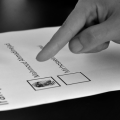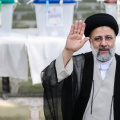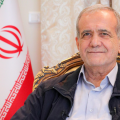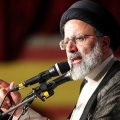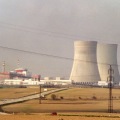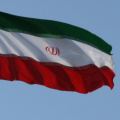Why Iran’s Ex-President Ahmedinejad Wants Another Chance to Rule
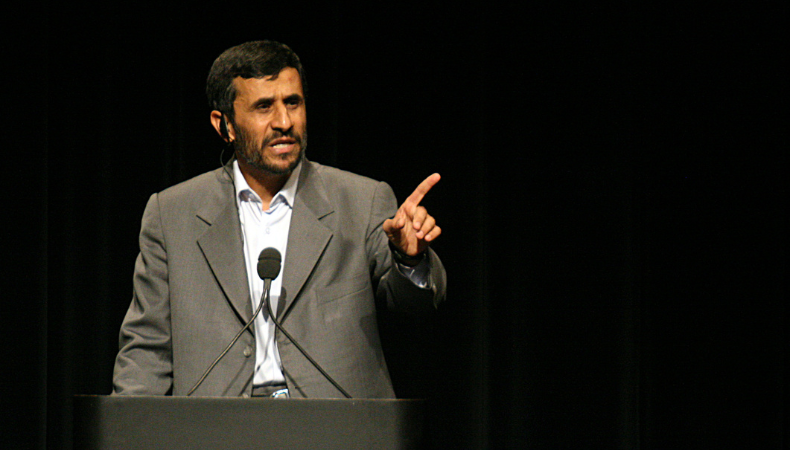
Former president of Iran Mahmoud Ahmadinejad has entered politics once more by filing for a second presidential campaign. This choice has sparked protracted discussions and arguments across all political spectrum, drawing support and criticism from different groups both domestically and abroad.
Unflinching Ambition of Ahmadinejad
Ahmadinejad has unwavering political goals even after being disqualified to run in 2017 and choosing not to run in 2021. His decision to run for president came after President Ebrahim Raisi passed away unexpectedly in a helicopter accident. This unplanned incident has changed the political scene and given Ahmadinejad what he believes to be an opportunity to run for president again.
Answering the People’s Call
Ahmadinejad said “a call from people from across the country” prompted him to run. He contends that a sizable surge of support is coming from different demographics who think he can handle Iran’s urgent domestic and foreign problems. His campaign approach mostly makes use of populist language and seeks to re-establish contact with people who feel excluded and unhappy with the way things are now.
Setting the Economic and Anti-Corruption Priorities
The promise of Ahmadinejad to fight corruption and boost the economy is a major component of his agenda. These problems are his main objectives, and he has promised steps to improve the lot of common Iranians by stabilizing the economy, lowering inflation, and raising living standards. Severe economic issues, such as enormous inflation and currency depreciation, beset his administration in prior terms; if elected, he now pledges to better handle these issues.
An Uneasy Presidency
The previous administration of Ahmadinejad was beset by many difficulties both at home and abroad. On the home front, his government struggled mightily with pervasive inflation, unemployment, and devaluation of the currency. Higher tensions over Iran’s nuclear program during his administration resulted in more sanctions and isolation of the country worldwide. His ability to lead successfully is called into doubt by these scandals, which still shape public and political opinion regarding his candidature.
Negotiating Political Obstacles
Ahmadinejad’s qualification to run will be decided by the Guardian Council, which screens all contenders. It is somewhat doubtful that he will be permitted to run in the next election given his prior disqualification. The council will probably scrutinize and debate his registration closely, which will highlight the larger political differences in Iranian society.
Campaign Approach and Views of the Public
Populist appeals and economic reform pledges will probably be part of Ahmadinejad’s campaign plan. He will have to negotiate a difficult political terrain, attending to the worries of hardliners who control the political establishment as well as the general public’s dissatisfaction with the current situation. Success will depend critically on his capacity to galvanize support and articulate an engaging future vision for Iran.
Keep on Reading
Endnotes
The reelection campaign of Mahmoud Ahmadinejad as president of Iran highlights his ongoing influence in Iranian politics. The difficulties he had in his earlier tenure and his contentious legacy still influence political debate and public opinion. The political system in Iran is complex and uncertain, hence it is unclear whether he will be permitted to run and how he will do if he does. The return of Ahmadinejad to politics emphasizes how dynamic and sometimes erratic Iranian politics are as the nation negotiates its destiny in the face of persistent geopolitical and economic obstacles.

